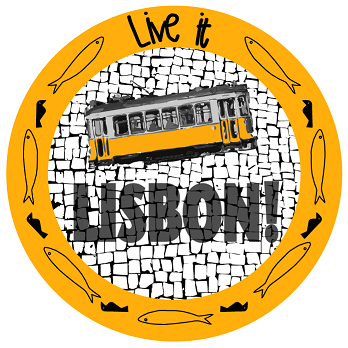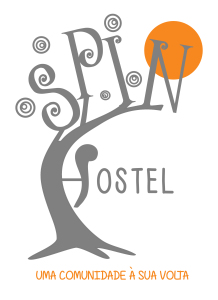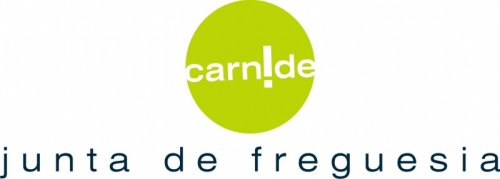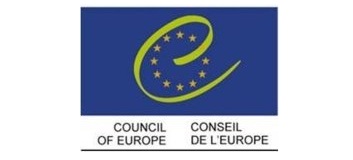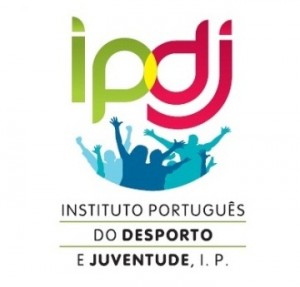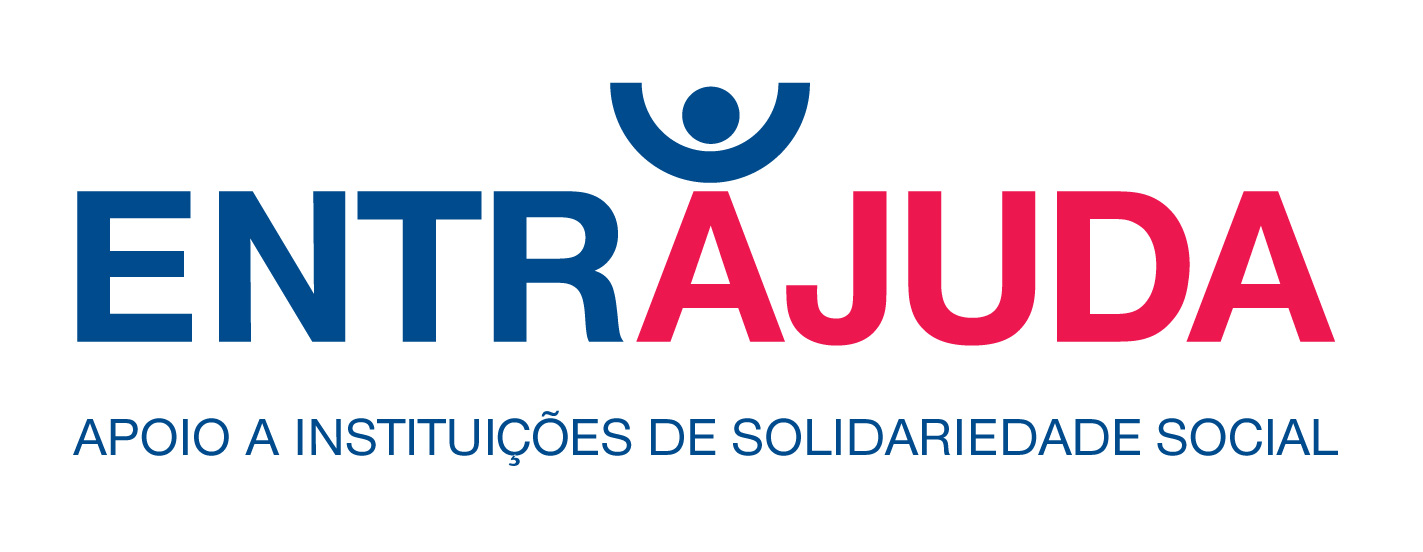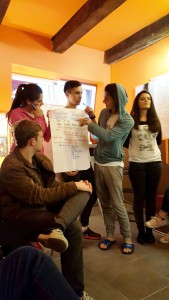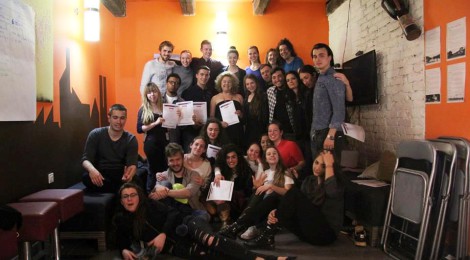
Intercâmbio “Democracy requires involvement!“
A Associação Spin participou no intercâmbio juvenil “Democracy requires involvement”, apoiado pelo Programa Erasmus+.![]()
O intercâmbio, implementado pela Associação iDEMO (Institute for Democracy) de Zagreb, envolveu 32 participantes de cinco países diferentes: Croácia, Portugal, Roménia, Eslovénia e Lituânia.
Foi uma semana de novas aprendizagens e promoção da cidadania activa!
Podem ler em baixo o comunicado oficial:
“iDEMO Institute for democracy has successfully implemented its first youth exchange, “Democracy requires involvement!”, supported by European Commission through Erasmus+ Programme. The project involved 32 participants coming from 5 European countries – Croatia, Lithuania, Portugal, Romania and Slovenia. The participants were accommodated and had workshops in “My Way hostel Zagreb” – we would like to thank its staff for the hospitality and service provided.
The motive for implementation of the project was the worrying trend that the needs analysis showed: a low level of youth participation in the democratic process and civil society in general. The reasons lie in poor understanding of democracy and the process of political decision-making, lack of trust in government and non-governmental institutions, and most importantly, the fact that young people feel helpless and do not perceive opportunities to initiate change.
In order to achieve the project objectives, the exchange has been designed as a combination of workshops, panel discussions, lectures, group work, simulations and exercises related to the topic, involvement in the democratic processes and engagement in the civil society. The main focus was set on developing a sense of initiative and involvement, and identifying opportunities for development initiatives in the local community.
During the exchange we were hosted by the city administration, and the participants received information on how the City of Zagreb meets the needs of young people and encourages the involvement of young people in the social life, as well as how it cooperates with NGOs in creating programmes that are relevant for youth.
A reception in the House of Human Rights was also organized, where participants learned from real-life examples how they organize actions in order to address and solve issues that the community, or even society in general, is facing. At the end of the exchange an evaluation workshop was held. The results showed that the participants were truly satisfied with the quality of the program and its implementation.
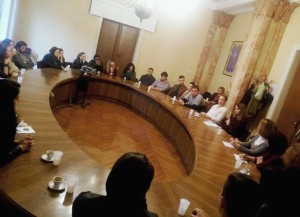
We would like to emphasize that the project is not finished yet, since we are in the dissemination phase. In order to put into practice knowledge and skills acquired our participants got the task to implement civic actions in their local community, and each of the partners is currently working on these. We believe that the implementation of this project encouraged our participants to actively participate in the society and create better opportunities for themselves and for others and to the benefit of their communities”.



